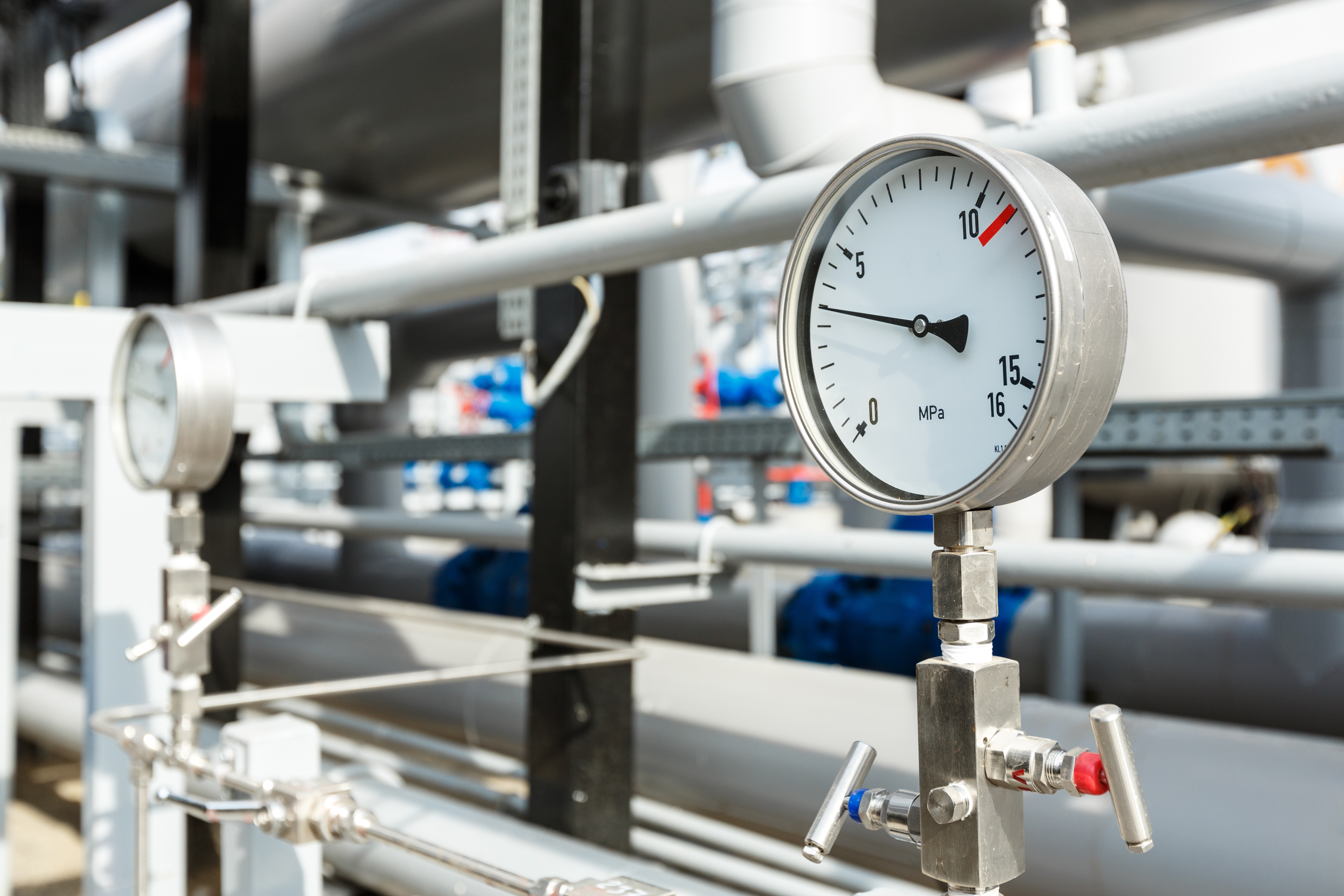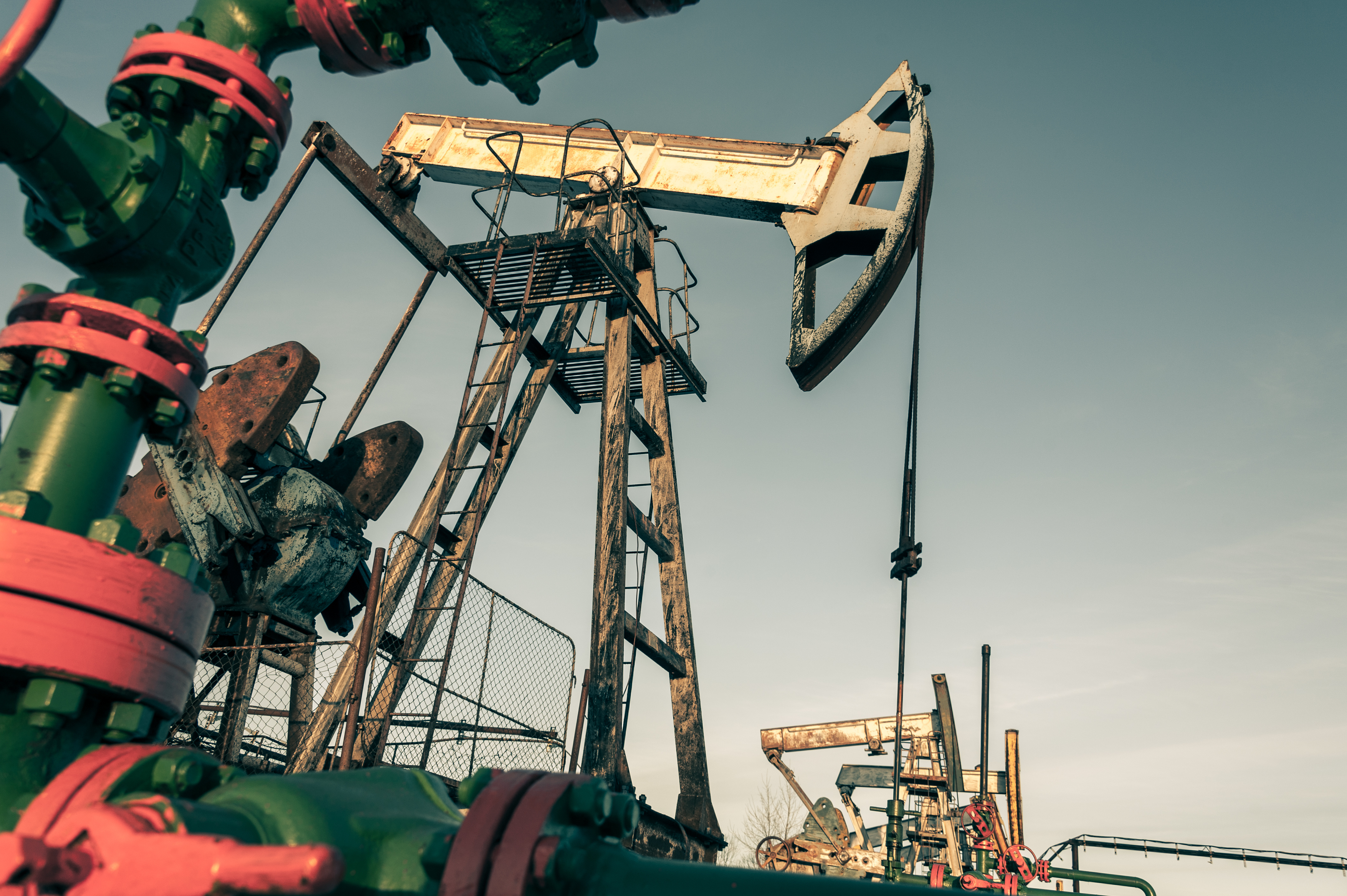for Petrochem Piping Systems
GGS understand the characteristics of petrochem piping systems, how and where damage can occur, and how it progresses over time. This results in an approach that is specific to your environment and testing that is conscious of the functions of your system. Whether you are performing a routine assessment, evaluating for maintenance or need to learn more about suspect areas, our experience ensures pragmatic results.
Corrosion Under Insulation (CUI)
Most prevalent on insulated process piping that operates intermittently or under 200 F. CUI in the petrochem industry can occur anywhere around the circumference of the piping.
Erosion/Corrosion
Internal degradation of pipe wall thickness due to high velocity material impacting the pipe. Usually occurs at flow direction changes such as elbows, tees, and reducers. The impacting material can be solid particulates entrained in a liquid process stream or liquid droplets entrained in a vapor process stream.
Chemical Corrosion
Constituents of crude oil or other unrefined products may contain highly reactive chemical components that can react with the chemical components of the process piping. This type of degradation may cause localized internal pitting or general wall loss occurring relatively uniformly on the internal diameter of the pipe that is in contact with the process fluid.
Corrosion
Corrosion occurs as a result of incompatible pipe alloys with certain process streams. For example, high temperature sulfidation corrosion is responsible for degrading carbon steel piping made of low silicon content alloys 16 times faster than higher silicon content alloys.

